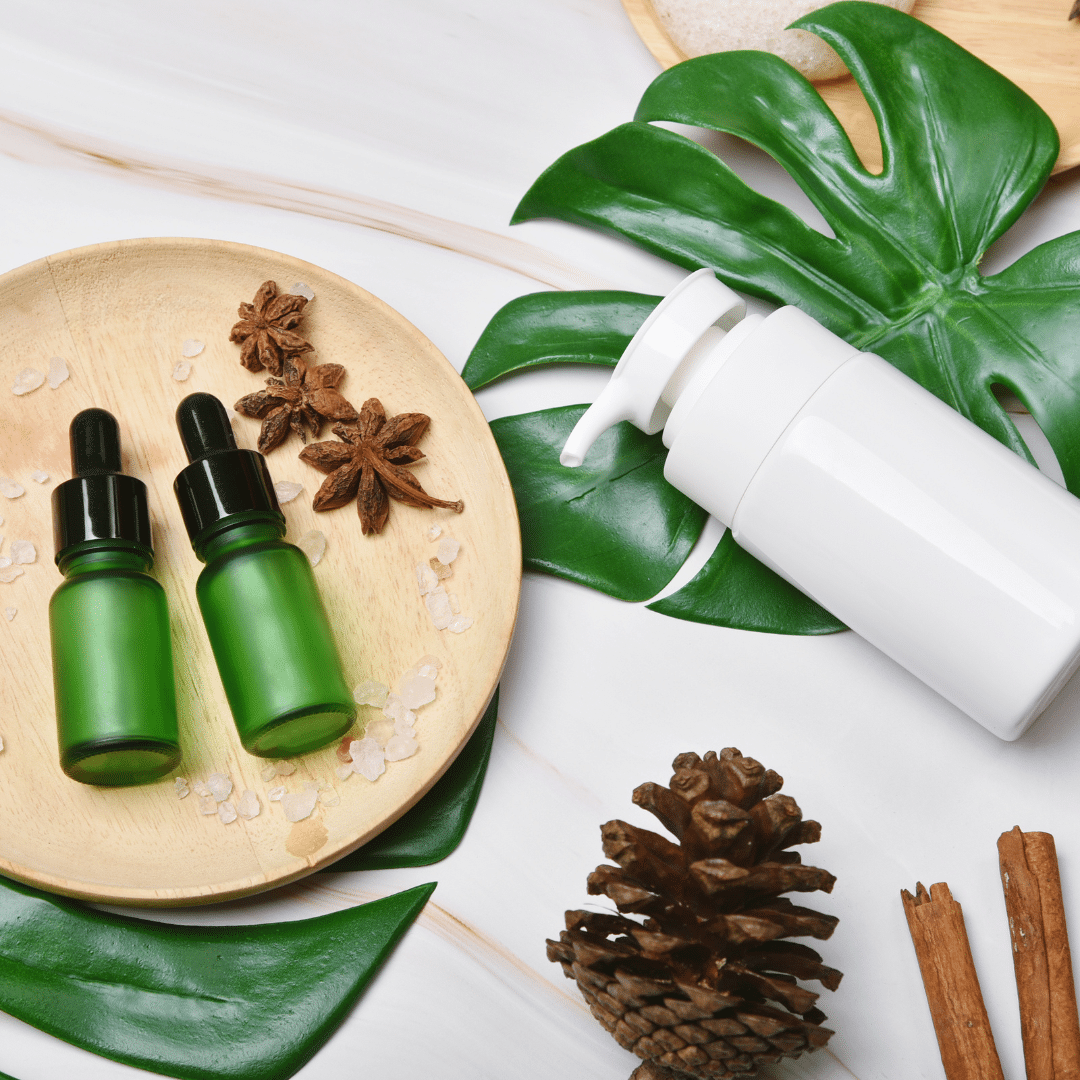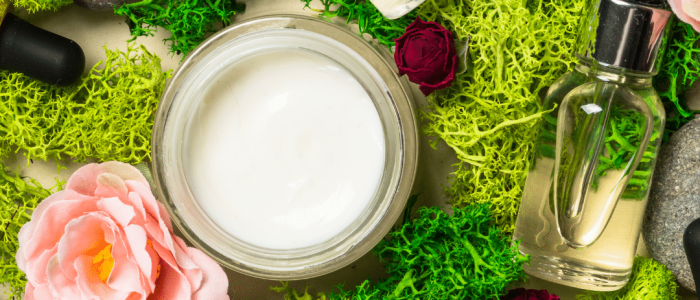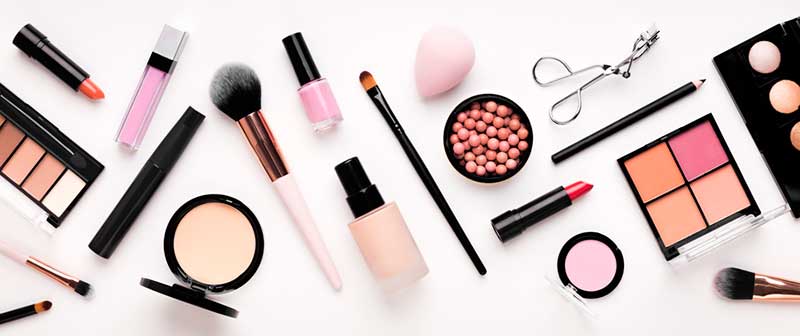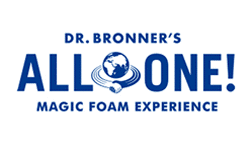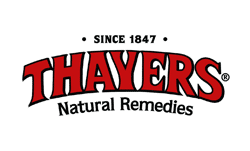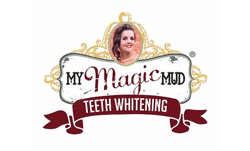
Cosmetic Labelling Regulations
Your products must meet cosmetic labelling regulations i.e. Federal Food, Drug, and Cosmetic Act and Fair Packaging and Labeling Act in USA.
Product Location Inspection
The authority inspects locations where companies manufacture or store their cosmetic products. The agency also monitors advertising or labelling material related to products.
Mandatory Information
Product identification, net quantity declaration, and identity and location of business of the dealer must appear on the label of a pre-packaged cosmetic.
Warning & Legal Action
If the cosmetic product is misbranded or adulterated by manufacturers or importers, the FDA can issue a warning letter followed by taking a legal action depending on the case.



